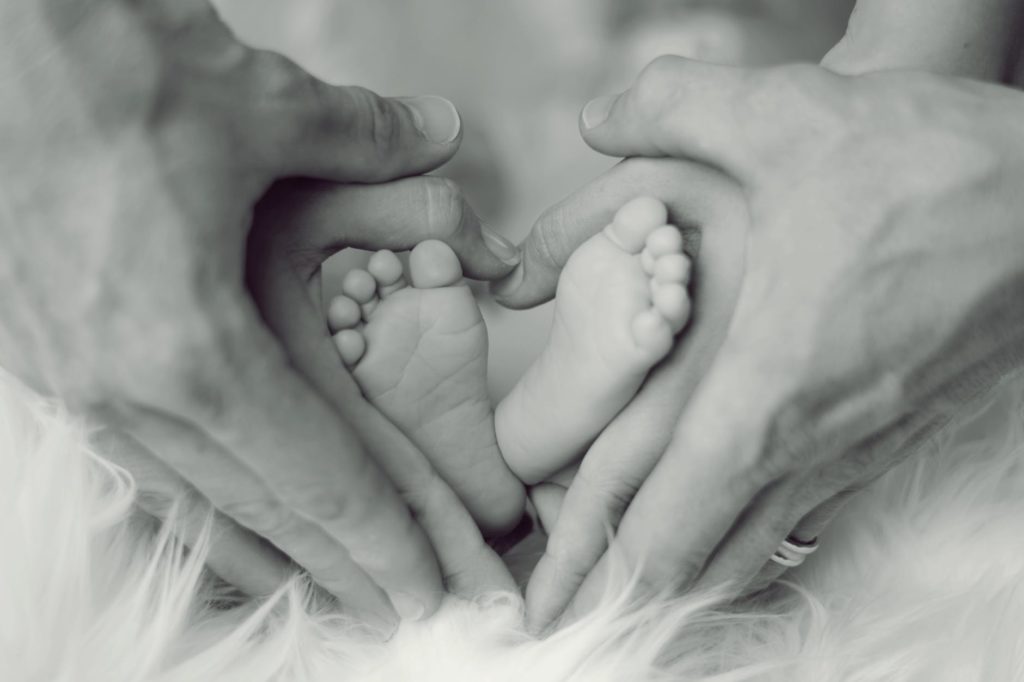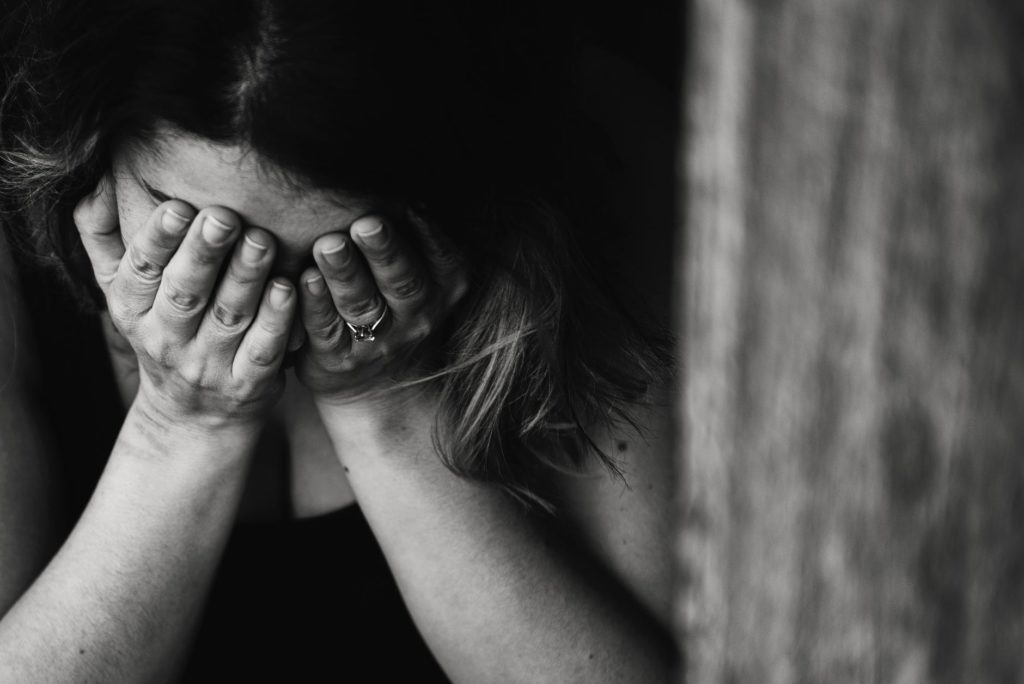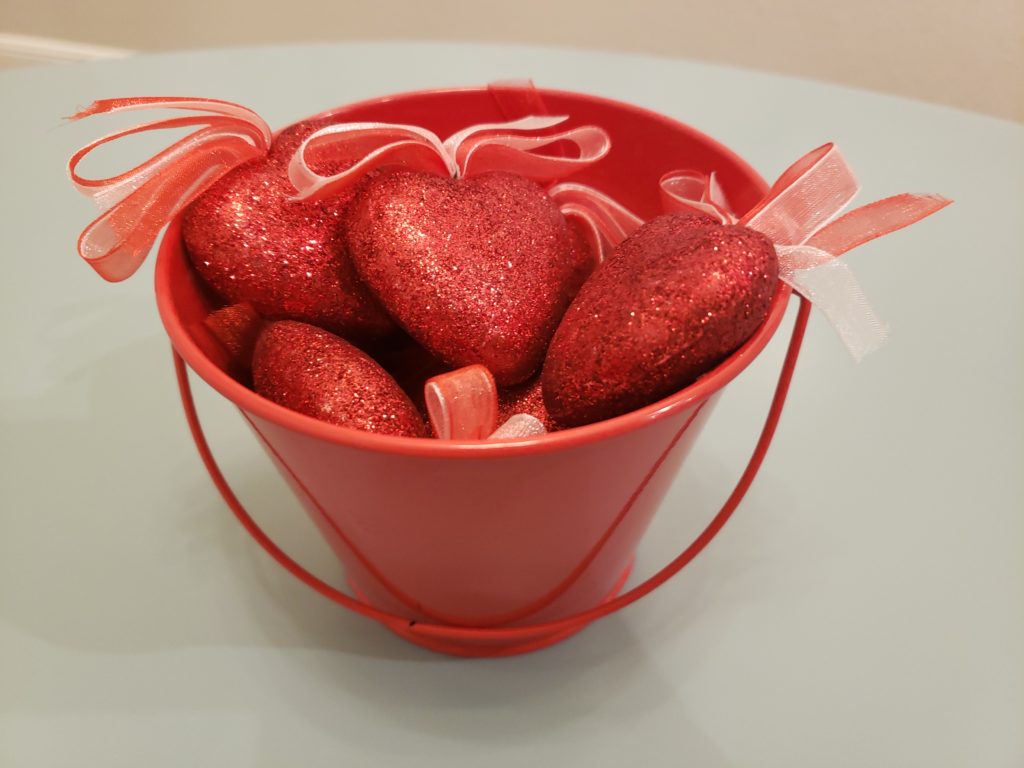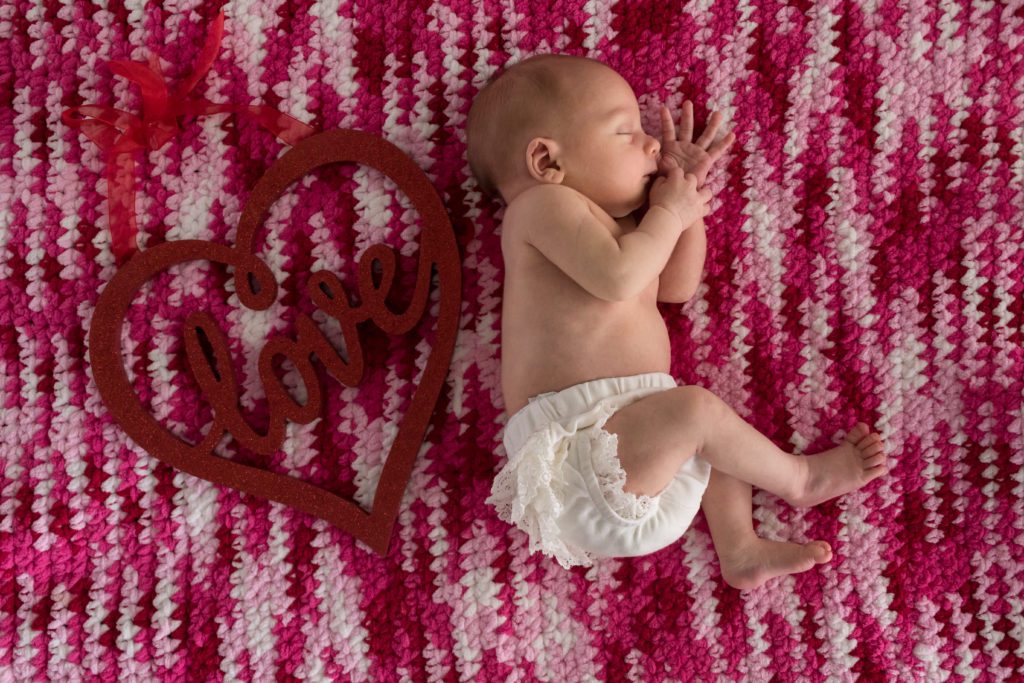Having a baby is cause for joy and celebration, but for women who suffer from postpartum depression, they must find ways to feel loved and protected in addition to any medical treatment that is required.
The Happiest Day
The day my oldest daughter was born, I thought my heart would burst inside my chest. I felt like the luckiest woman. My hospitalization and delivery didn’t quite go as planned, but then again, whose does? However, any problems I had faded away as soon as I heard that cry in the operating room, and a warm little bundle was laid upon my chest. She just stared at me and I stared right back. Hello, munchkin.
After an uneventful couple of days in the hospital, we made it home. It is funny now thinking about that first diaper change. It probably took my husband and I ten minutes to accomplish it. You’d think a doctor and nurse practitioner would have a clue what they were doing. But that’s the thing about having your first child. You can read all the baby books you want, but you still have to figure it out on your own.
Is it just the Postpartum Baby Blues?
Three days postpartum, and extreme fatigue started to settle in. If you’re a mom, you know what I am talking about. You’re running on fumes, and the main things driving you are adrenaline and coffee. I was happy, but also in pain, and tired. Excitement turned to fatigue. Fatigue turned to frustration. Frustration turned to guilt. Guilt turned to sadness.
I reached out to my friends that had already had babies. They all readily assured me that what I was feeling was completely normal. “Baby blues” they called it. It will go away; just give it time. It didn’t help that I was having a very difficult time breastfeeding. One of my friends shook some sense into me and told me, “Girl, pump some milk and give that baby a bottle.” I had been suffering through it because that’s what everyone tells you to do, but as soon as I started pumping and using bottles instead, I felt immense relief. And my baby couldn’t have cared less.
After two weeks, my mood started to improve. We got into a rhythm and I felt like I knew what I was doing… somewhat. I felt better physically, and could handle the lack of sleep better. Ok, so this is good, right? It was just baby blues! Thank goodness.
Then colic and acid reflux hit us at the same time. At about 4 weeks old my daughter started screaming and throwing up every time she ate, and she would cry for hours on end every evening, every day. Being in the medical field, I pretty much knew what was up. I took her to the doctor and got her on medication which helped. But the hours of screaming and crying still came every evening. We tried every remedy known to man, but we both knew we’d likely have to wait it out.
God bless my husband. He must’ve thought I was going nuts. He would come home to find both me and the baby crying, and I would desperately shove her at him so I could run into the other room for some solace. I could feel myself sinking into a hole. I kept telling myself this was just a tough time, and it would end at some point. The thing is, all of my patience and love were pouring into this little girl, and I had nothing left for myself or my husband or anyone else.
Or is it more?
I knew I was in trouble when I made my husband cry. It was a particularly tough weekend. I don’t remember what I said, but I will never forget seeing those tears slide down his face. Y’all, my husband NEVER cries. I fell into a deep depression for three days, and on Monday I called my OBGYN for a referral to a counselor.
To say going to counseling for postpartum depression saved me is no small statement. Although I never had thoughts of hurting myself or my daughter, I was definitely depressed. When you talk to women who have had babies before you about childbirth and the newborn phase, everyone mentions the physical toll on your body. No one prepares you for the emotional roller coaster you will go on.
I started seeing a counselor at The Women’s Place at Texas Children’s Pavilion for Women in the medical center. We got to know each other but quickly moved to the hard questions. What was driving my depression? After all, I was a well-to-do healthy woman with a healthy baby and a loving, supportive husband. I had everything I could want and more. Why would someone like me get depressed?
Well first off you could say that postpartum depression can hit anyone. Some of it is hormonal, some of it is situational, but oftentimes we don’t know why some women get it. Most of my depression was stemming from an overwhelming sense of guilt. I felt guilty about EVERYTHING. It was this constant weight on my chest, a feeling I had never experienced before. My therapist told me that guilt stems from fear. I felt guilty about asking my husband to help me because I feared he would think I was weak. I felt guilty about asking for time away from my baby because I feared she would think I didn’t love her. And on and on. With each session we worked on habits for me to implement at home to help alleviate the guilt, and tricks to get and keep myself out of the black hole.
The Love Bucket
One of the best things she said to me I still think about every day. She told me I have a “love bucket”. I keep tokens in there to give out to my family and friends. But you can’t give out a token if your bucket is empty, right? So where do these tokens come from? A few would come from my baby, but I would give her much more than she would give me. So filling the rest of my bucket would have to come from my husband, my friends and family, and most importantly, myself.
Everyone else was already great at giving me love tokens. They listened to my heartache and offered to help with the baby or with chores around the house. But with all I was giving out in this postpartum stage, it wasn’t enough. I needed to start filling up my love bucket myself.
It started to click when I had friends tell me that a happy postpartum mother makes a happy baby. And if you need an hour to workout, or get your nails done, or simply take a shower and wash your hair, and that makes you happy, well then you’d be a better mother. I started trying little things, little chunks of time to myself to see how it went. And you know what, I felt better. I felt recharged, rested. I gave myself grace to enjoy something just for me, and that grace came without guilt. My love bucket started to fill back up, which meant I had more to give out. And then happiness and joy started to creep back in. What a relief.
I continued seeing my therapist until my baby was a year old, and by then the postpartum depression was gone. It was a bittersweet farewell, and I will be forever grateful to her and for that experience. And you know what? I have since had another baby, another sweet baby girl, and no depression this time around. Maybe it’s a coincidence, or maybe it’s because I remember all the tips and tricks I discovered with my therapist. Who knows? All I know is that I have continued to give myself grace, and I have let go of the mom guilt. And I have never stopped filling up my love bucket.





















Definitely will share this with a new mother-to-be! Thank you for sharing your thoughts.
Thank you! I feel like the emotional toll of being a new mother isn’t talked about enough, so any further conversation can definitely help. Continue to check up on those new mothers!